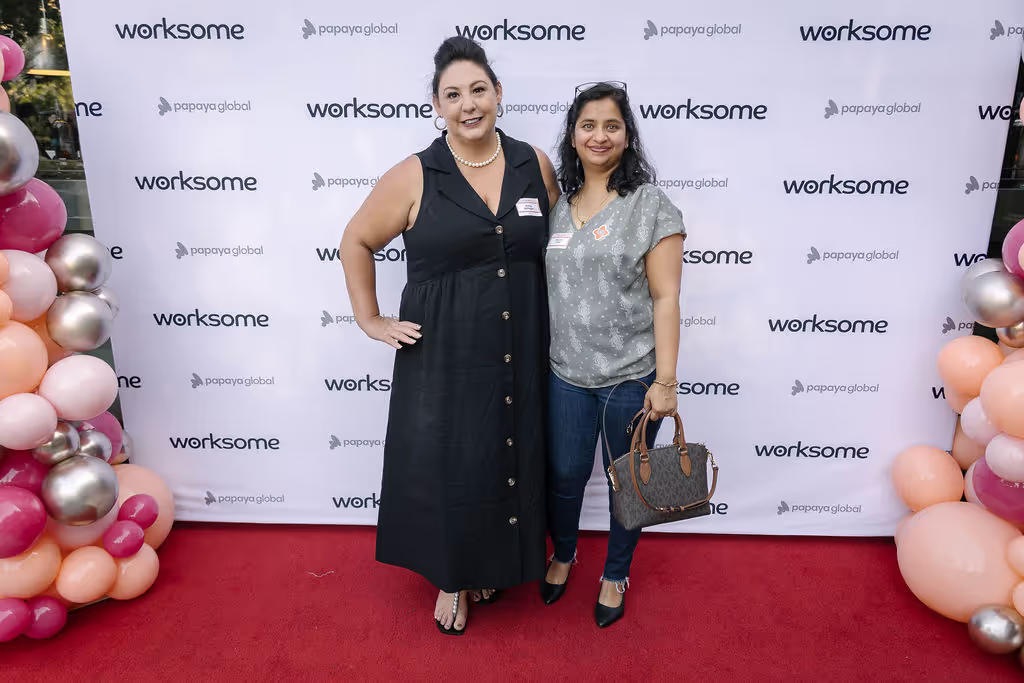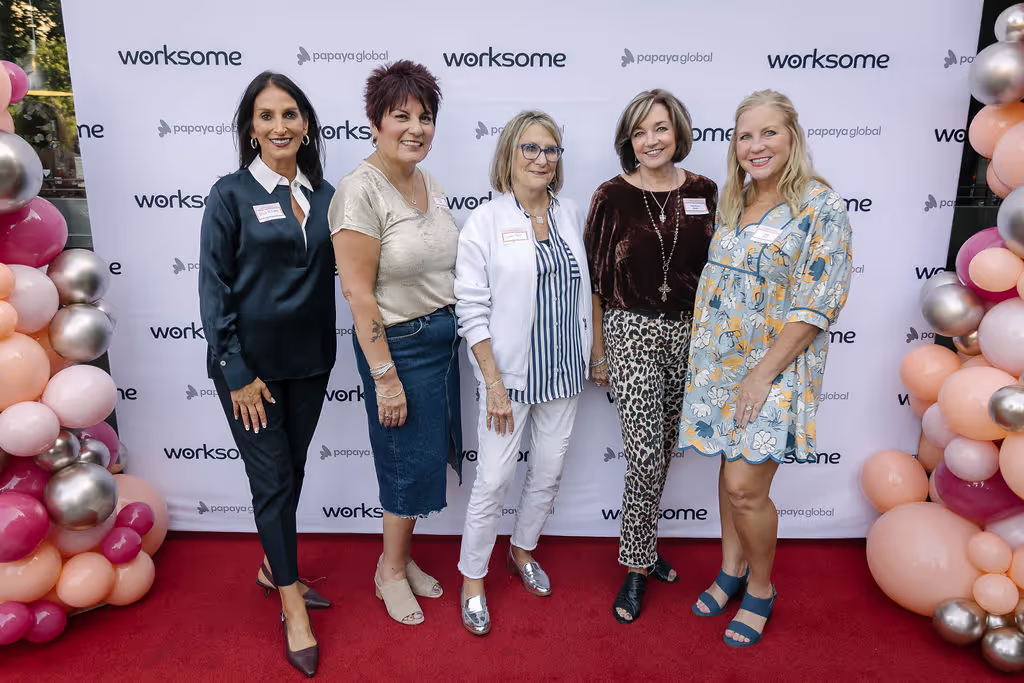Worker misclassification isn’t an abstract compliance issue. It’s something that has cost companies millions in fines, back pay, and reputational damage across industries and geographies. In recent years, high-profile cases from tech platforms to broadcasters to construction firms have shown just how wrong things can go when businesses get classification wrong.
When companies misclassify, they may avoid payroll taxes, insurance, or benefits, but when authorities catch up, the penalties can far outweigh the short-term savings. Beyond the financial hit, misclassification undermines trust with both workers and regulators, creating long-term operational headaches.
Here are some of the most high-profile and instructive cases of worker misclassification in recent years, spanning the U.S., U.K., and key international markets.
Misclassification across the United States
Amazon’s Flex Model Hits a Legal Wall in Wisconsin
In 2024, the Wisconsin Supreme Court ruled that Amazon Flex drivers were employees, not contractors. More than 1,000 drivers became entitled to unemployment benefits, and Amazon was forced to pay over $200,000 in back insurance contributions. What was pitched as a flexible gig system turned into a costly compliance failure.
Construction Subcontractor Faces Record Settlement in DC
Electrical subcontractor Power Design agreed to pay $3.75 million in 2024 after a city investigation revealed widespread misclassification of workers. It was the largest workers’ rights recovery in D.C.’s history and underscored the construction industry’s vulnerability to misclassification claims.
Home Healthcare Provider Misclassifies Caregiver
In Florida, a home healthcare agency was found to have misclassified a live-in caregiver as a contractor. The court determined that because the agency exercised direct supervision, the caregiver should have been treated as an employee. The agency was ordered to pay damages, sending a message to the healthcare sector that contractor labels won’t withstand scrutiny.
In the United Kingdom, Rideshare Giants and Tradesmen in Court
Uber Drivers Recognized as Workers
The Uber v. Aslam case reached the UK Supreme Court in 2021, where judges unanimously ruled drivers were “workers,” not independent contractors. The decision entitled them to minimum wage and holiday pay, reshaping labor law for the platform economy.
Pimlico Plumbers’ “Self-Employed” Claim Rejected
In another landmark case, the UK Supreme Court ruled in 2018 that a plumbing and heating engineer was not genuinely self-employed. Despite Pimlico’s claims, the plumber’s branded van, uniform, and fixed hours pointed to worker status.
TV Stars Face Legal Challenges in Ireland
RTÉ Presenters Under the Spotlight
Ireland’s national broadcaster has admitted to misclassification issues at the highest levels. An internal review revealed that high-profile presenters, often paid through limited companies, were likely misclassified. By 2024, RTÉ had repaid €4M in unpaid social insurance, with potential liabilities of up to €22M. Two “path-finder” cases are now headed to the High Court.
France’s Deliveroo Convictions and Uber Precedents
Deliveroo Ordered to Reinstate Rider
Deliveroo’s troubles in France have been ongoing. After a 2022 criminal conviction for concealed work, the Paris Court of Appeal reaffirmed in 2025 that riders had been misclassified. In one case, a rider was even ordered to be reinstated as an employee.
Uber Drivers Recognized as Employees by High Court
Back in 2020, the Cour de cassation ruled that Uber’s drivers were employees due to the level of control exercised by the platform. The precedent remains one of the most important in Europe.
Glovo’s €79 Million Penalty in Spain
Spain has been one of the toughest markets for misclassification enforcement. In 2022, the country’s Labor Inspectorate fined Glovo €79M for breaching the “Riders Law,” which requires delivery couriers to be employees. By 2024, Glovo announced a major shift, committing to employ riders directly in Spain.
Denmark’s Tax Authorities Take Action
In Denmark, it was the tax office, not the courts, that moved first. After a four-year investigation, authorities ruled in 2023 that Wolt must handle payroll taxes for riders. While not a full reclassification, the step effectively treated riders as employees for tax purposes and signaled growing regulatory pressure in Scandinavia.
Classification Challenges for Couriers and Media Production in Canada
Foodora Couriers Win “Dependent Contractor” Status
In 2020, the Ontario Labour Relations Board ruled Foodora couriers were “dependent contractors,” a hybrid category granting them union rights and protections. It was a pivotal decision for Canada’s gig economy.
TV & Film Production Workers Challenge Contractor Labels
Class actions brought in Ontario argue that production staff on television shows were wrongly classified as independent contractors. According to court filings dating back to 2015, these workers should have been entitled to employee benefits such as vacation pay, pensions, and overtime. The cases are ongoing but could have far-reaching effects in the media industry.
What These Cases Show
From live-in caregivers in Florida to TV presenters in Dublin, and from plumbers in London to riders in Madrid, misclassification is proving costly everywhere. The penalties are steep, the headlines are damaging, and regulators are increasingly coordinated in their response.
The throughline is simple: when companies exert control over how, when, and where work gets done, courts are quick to conclude those workers aren’t independent contractors at all. For businesses operating globally, the takeaway is clear: misclassification isn’t a loophole to exploit, it’s a liability to avoid.
How Staffing Agencies and Supply Chain Partners Should Approach Classification
Misclassification doesn’t just affect companies engaging talent directly. Staffing agencies, MSPs, and others in the supply chain also face exposure if workers are not classified correctly. Regulators and courts are increasingly looking beyond the end client to determine who knew, or should have known, about misclassification risks.
For agencies and intermediaries, this means ensuring their downstream processes are watertight:
- Establish clear, documented tests for employment status in every jurisdiction.
- Audit contracts and payment flows regularly.
- Train account managers and recruiters to spot red flags where “contractor” labels don’t align with reality.
When classification errors happen in complex supply chains, blame doesn’t stop at the end client; it can ripple backwards to every participant involved.
How Worksome Protects Against Misclassification
Worksome protects clients against accidental misclassification, removing the financial and legal risks from your business.
The right workforce tools can mean the difference between costly lawsuits, reputational damage, and lost revenue. With Worksome, you can confidently engage independent contractors, knowing that compliance is built into every step.
Book a 15 minute classification demo to see how we help you mitigate risks, manage your contingent workforce, and provide accurate worker classification guidance.
Getting classification right is one of the most important steps in the hiring process. Getting it wrong can carry steep financial consequences, while getting it right ensures speed, compliance, and peace of mind.


.jpg)

































